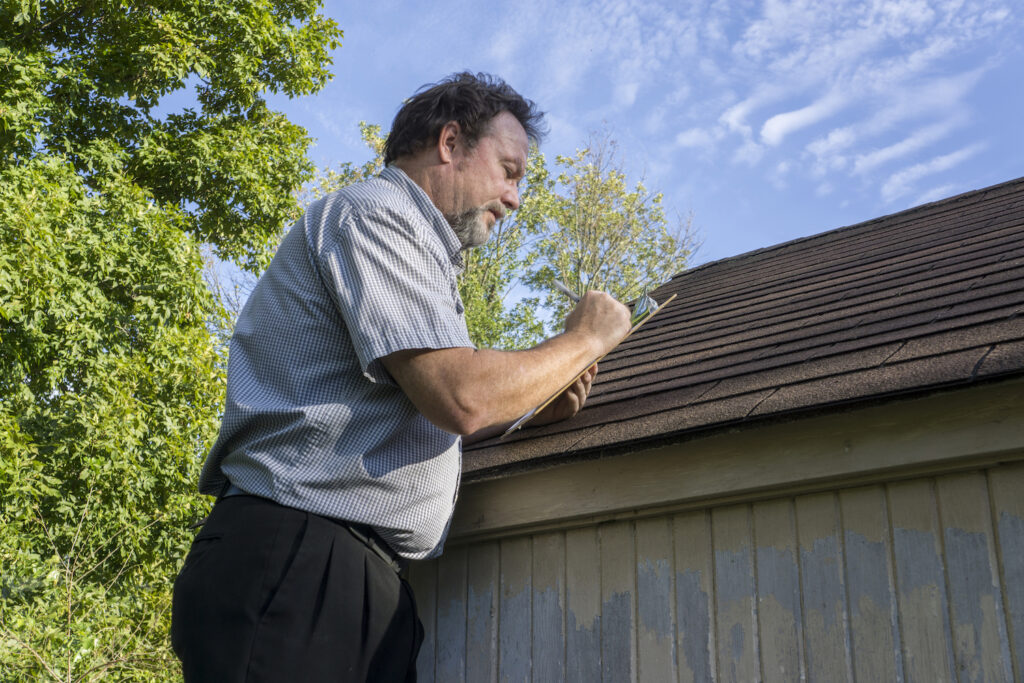Physical buildings are like living entities – they age, face wear and tear, and if not taken care of, can deteriorate quickly. As a property manager, it’s vital to be aware of the common issues that impact the building you manage to keep tenants happy, maintain property value, and ensure a timely response when issues do arise.
Below we delve into some of the most common issues property managers must deal with, how to prevent them, and what actions to take if disaster strikes.
1. Roof Leaks and Damages
Prevention:
- Schedule regular roof inspections.
- Ensure proper drainage.
- Clean gutters regularly to prevent water pooling.
Disaster Response:
- Identify and seal any leaks immediately.
- For significant damages, consult a roofing specialist.
- Always inform tenants about the repairs.
2. Structural Issues
Prevention:
- Ensure building foundations are solid and free from standing water.
- Address minor cracks before they escalate.
Disaster Response:
- If structural issues arise, consult a structural engineer immediately.
- Inform tenants and, if necessary, vacate the building until it’s safe.
3. Plumbing Problems
Prevention:
- Schedule routine checks for leaks.
- Educate tenants about what not to flush or put down drains.
Disaster Response:
- For major leaks, shut off the main water valve.
- Contact a licensed plumber to address the issue.
- Inform tenants about water issues and have them leave the building if necessary.
4. Electrical Issues
Prevention:
- Have wiring inspected by a licensed electrician regularly.
- Ensure all installations are up to code.
Disaster Response:
- If electrical issues are suspected, turn off the main power and contact a licensed electrician.
- Inform tenants of electrical issue and when it will be fixed.
5. Pest Infestations
Prevention:
- Ensure all gaps and openings in the building are sealed.
- Conduct regular pest control treatments.
Disaster Response:
- If an infestation occurs, contact a pest control specialist.
- Inform tenants and address any associated health concerns.
6. HVAC Failures
Prevention:
- Schedule regular maintenance checks, particularly when seasons change.
- Clean and replace filters frequently.
Disaster Response:
- For HVAC failures, contact a licensed technician.
- Provide tenants with alternative heating or cooling solutions, if possible.
7. Mold and Mildew
Prevention:
- Ensure proper ventilation throughout the building.
- Fix any leaks promptly.
- Read these blog posts:
Disaster Response:
- For mold and mildew issues, contact us for an inspection or remediation.
- Inform tenants if mold is found and share your remediation plans so they can find another place to stay if health concerns arise for them or their pets.
What to Do When Disaster Hits:
- Safety First: Always prioritize the safety of occupants. If there’s any immediate danger, such as a fire or structural issue, evacuate the building.
- Assess and Document: Take photos of the damage for insurance purposes, and document when damage was discovered and what you did prior to calling the insurance company.
- Inform Stakeholders: Communicate with tenants, owners, and relevant parties about the situation and what they need to do.
- Consult Professionals: Always rely on licensed professionals to address major issues.
- Review and Learn: After resolving the problem, evaluate what happened and determine how you may be able to prevent it in the future.
Establish a Relationship with a Reputable Disaster Recovery Company
Disasters are unpredictable. Rather than rushing to find a recovery service in the midst of chaos, it’s wiser to forge a relationship with a trustworthy company beforehand. At Apex Disaster Management, we collaborate closely with property managers to efficiently tackle fire, water, and mold challenges. Our primary aim aligns with yours: to mend damages swiftly and ensure your tenants can resume their regular lives without delay. We’re eager to discuss becoming your primary support in times of crisis because when disaster strikes, you deserve a company you can rely on.

